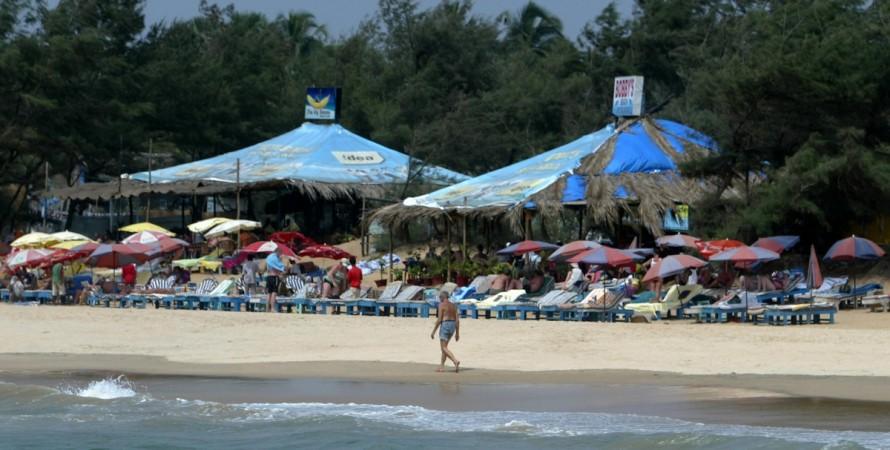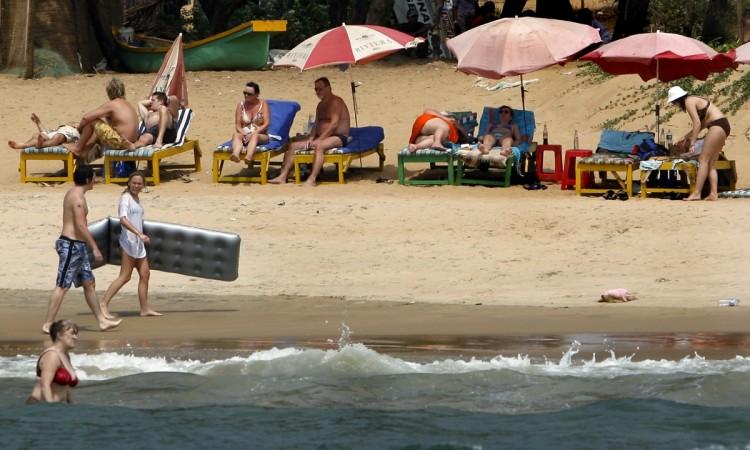
The Gram Sabha (village assembly) of Cana Benaulim village in South Goa on Sunday formally resolved to ban migrants from running traditional, toursim-centric and various other businesses in the village jurisdiction citing lack of business opportunities for local youth and law and order issues.
For several weeks, Benaulim village, a favoured beach destination among foreign tourists, has been the centre of simmering tension between the local residents and migrants. The residents have also resolved to ban granting of licenses to migrants for running fishing and restaurant businesses. The resolution claimed increased in-migration has led to a change in the village's demography and placed a burden on its limited infrastructure.
Here is what the resolution document read, "That the interest of locals in traditional coastal occupations and services like fishing, shack operations, tourist taxi operations, garment and jewellery business, salons and massage parlours, restaurant business, etc., should be protected and others should not be allowed to run these activities, directly or indirectly."
It further read, "That the illegal activities carried on by the migrants, like drug peddling, prostitution and criminal intimidation must be investigated by the law enforcing authorities and the persons responsible should be booked under relevant sections of the Indian Penal Code."
The very identity of a Goan is at risk. This uncontrolled migration must be checked immediately through lawful means by the Panchayat and the Government of Goa on the whole," the resolution reads, while also accusing migrants of allegedly indulging in illegal activities.

Ever since December 2018, the scuffle between the traditional nomadic Banjara community and the local residents began but has increased just ahead of the state's ongoing international tourism season which began in October.
The Banjara community-operated taxi services were the trigger to the conflicts due to which the locals are restricting the Banjaras from conducting any kind of business in their village jurisdiction. Last year, the Cana Benaulim village Panchayat had also resolved to ban Banjaras from carrying out business activities in its jurisdiction following the taxi service controversy.
Known for selling trinkets, handmade clothes and seasonal tourism trade along the coastline to tourists. Including the thousands of descendants of Banjaras who have settled in Goa over decades and their floating population, there are nearly 1.5 lakh members of the Banjara Samaj in Goa, which includes the Lamani sub-tribe according to Suresh Rajput president of the Goa Banjara Samaj.
Suresh Rajput said, "The locals from Benaulim think we are against them and are taking away their business. But no one wants to go against the local people. We do not want to do business by upsetting local customs. But this incident is unfortunate because it started with one taxi operator. And now others from the community are being made a scapegoat."

















